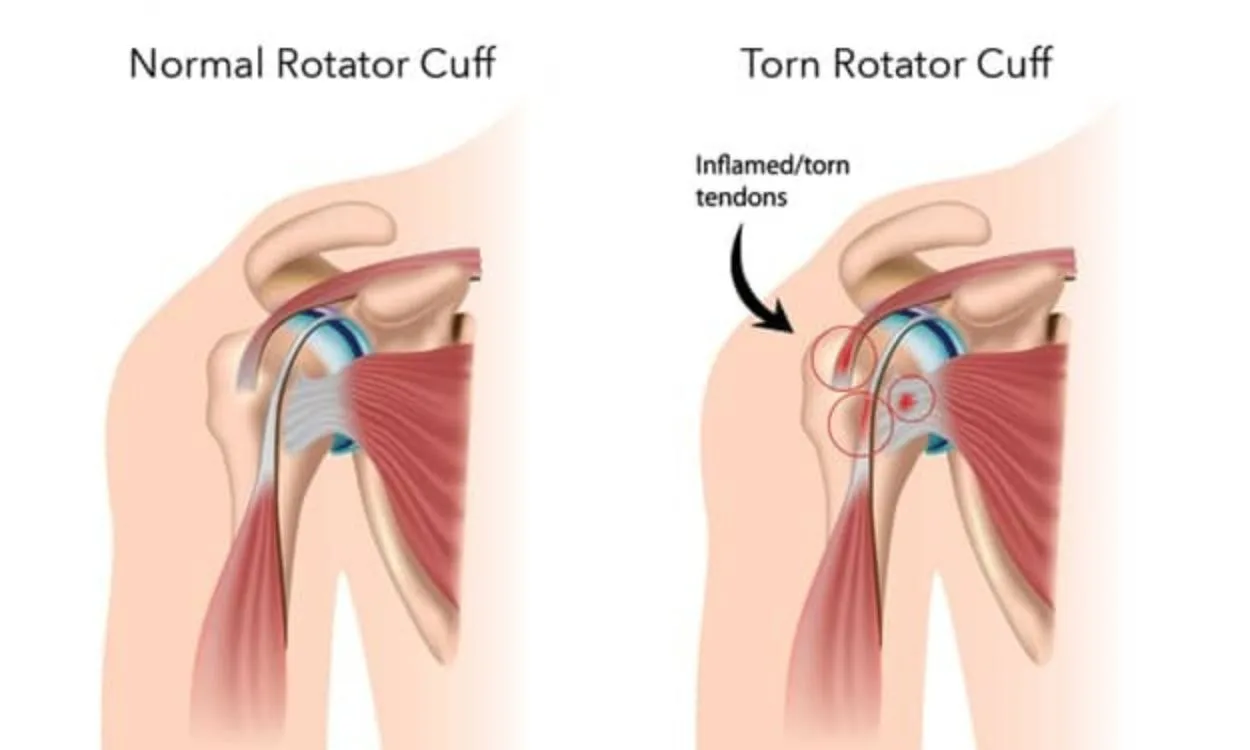How long does it take for shoulder pain to heal?
Shoulder pain can be a debilitating condition that affects our daily activities and overall quality of life. It is important to understand the underlying causes of shoulder pain and the factors that can affect its healing process. In this article, we will explore the various aspects of shoulder pain and discuss the estimated time it takes for shoulder pain to heal.
Understanding Shoulder Pain
The shoulder is a complex joint that consists of bones, muscles, tendons, and ligaments. It allows for a wide range of motion, but this mobility also makes it susceptible to injuries and pain. Common causes of shoulder pain include:
- Rotator cuff injuries: The rotator cuff is a group of muscles and tendons that stabilize the shoulder joint. Injuries to the rotator cuff, such as tears or strains, can cause pain and limited mobility.
- Frozen shoulder: Also known as adhesive capsulitis, frozen shoulder is a condition characterized by stiffness and pain in the shoulder joint. It often develops gradually and can limit the range of motion.
- Shoulder impingement: This occurs when the structures in the shoulder, such as tendons or bursa, are compressed or pinched between the bones of the shoulder. It can cause pain and inflammation.
- Arthritis: Shoulder arthritis can cause pain, stiffness, and swelling in the joint. It can be caused by various factors, including age, wear and tear, or autoimmune diseases.
Factors Affecting Shoulder Pain Healing Time
The healing time for shoulder pain can vary depending on several factors. These factors include:
- Underlying cause: The specific cause of shoulder pain plays a significant role in determining the healing time. Some conditions, such as minor strains or inflammation, may resolve with conservative treatments within a few weeks. On the other hand, more severe conditions like rotator cuff tears may require surgical intervention and a longer recovery period.
- Severity of the injury: The severity of the shoulder injury can impact the healing time. Minor strains or sprains may heal relatively quickly, while more extensive tears or fractures may take longer to heal.
- Treatment approach: The treatment approach adopted for shoulder pain can influence the healing time. Non-surgical treatments, such as physical therapy, rest, and medication, may expedite the healing process. In contrast, surgical interventions may require a longer recovery period.
- Individual factors: Each person’s body is unique, and individual factors can affect the healing time. Age, overall health, lifestyle habits, and compliance with treatment plans can all influence how quickly the shoulder pain heals.
Estimated Healing Time for Common Shoulder Conditions
While every individual’s healing process may vary, the following are general estimates for the healing time of common shoulder conditions:
- Minor strains or sprains: These often heal within a few weeks with proper rest, ice, compression, and elevation (RICE) therapy. Physical therapy may also be recommended to restore strength and flexibility.
- Rotator cuff tears: The healing time for rotator cuff tears can range from several weeks to several months. Minor tears may respond well to non-surgical treatments, while more severe tears may require surgical repair and a longer recovery period.
- Frozen shoulder: The duration of frozen shoulder healing can vary widely, but it typically takes several months to a year. Physical therapy, stretching exercises, and anti-inflammatory medications are commonly used to alleviate symptoms and restore range of motion.
- Shoulder impingement: With proper rest, physical therapy, and avoiding activities that exacerbate the condition, shoulder impingement pain can improve within a few weeks to a few months.
- Shoulder arthritis: Arthritis is a chronic condition, and the goal of treatment is generally to manage pain and improve function rather than achieving complete healing. The treatment options for shoulder arthritis include medications, physical therapy, injections, and in some cases, joint replacement surgery.
It is important to note that these estimates are general guidelines, and individual experiences may vary. It is always recommended to consult with a healthcare professional for an accurate diagnosis and personalized treatment plan.
Fitpaa: Your Partner in Shoulder Pain Recovery
If you are experiencing shoulder pain and are looking for a comprehensive approach to manage and accelerate your recovery, the Fitpaa app can be a valuable tool. Fitpaa offers personalized fitness plans, access to a team of experts including fitness coaches, nutritionists, and doctors, and real-time guidance to help you achieve your health and fitness goals.
By combining the latest research in Lifestyle Medicine and Behavioral Therapy, Fitpaa provides an end-to-end AI-driven Metabolism monitoring and management technology. This technology optimizes your metabolism and strengthens all 11 organ systems to deliver guaranteed results.
With Fitpaa, you can take the following steps to manage and heal your shoulder pain:
- Metabolism Assessment: Identify the root cause of your shoulder pain by assessing your current metabolism. Fitpaa’s MNT (Medical Nutrition Therapy) specialists, utilizing the Fitpaa Metabolism Monitoring Technology, will consider every aspect of your life to perform a comprehensive metabolism assessment.
- Fitpaa Capsule: After your metabolism assessment, consult with the expert team of fitness coaches, nutritionists, and doctors. They will prepare your personalized Fitpaa Capsule, which incorporates medical therapy, medical exercise therapy, medical nutrition therapy, and cognitive behavior therapy. The Fitpaa Capsule optimizes your metabolism, helps your body burn unhealthy fat, and regulates various hormones to aid in the healing process.
- Follow Your Fitpaa Capsule: Follow your Fitpaa Capsule daily with the help of Fitpaa’s real-time guidance technology. The Fitpaa mobile app provides you with all the necessary tools, including a virtual workout trainer, diet tracker, performance tracking, and progress tracking. Your progress will be regularly reviewed by a team of experts to make any necessary course corrections.
Remember, healing takes time, and consistency is key. With the guidance and support of Fitpaa, you can stay motivated and committed to your shoulder pain recovery journey.
Download the Fitpaa app today and experience the joy of getting fit and excelling at life. Your wellbeing is Fitpaa’s mission, and they are here to help you achieve your health and fitness goals with guaranteed results.
Don’t let shoulder pain hold you back. Take charge of your health and start your journey to recovery with Fitpaa!









